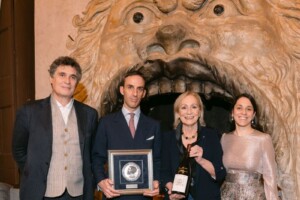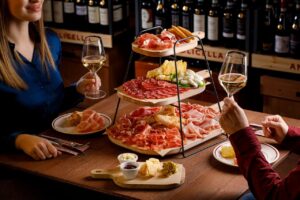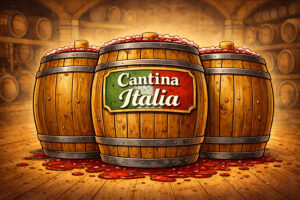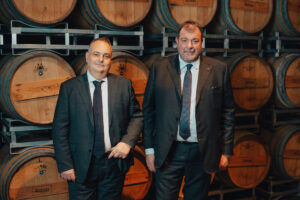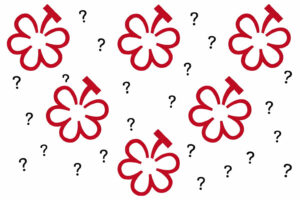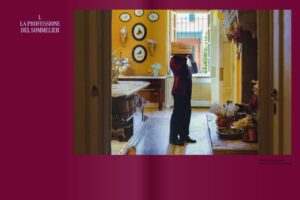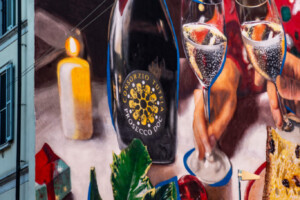From Tocai to Friulano: changing the name of an Italian varietal denomination to a territorial denomination is just what the European Union has ordered. To move from the past to the future to conquer new markets. It may seem like a normal, and logical step to take, but instead a decades old battle, that has involved not only the local producers of Friuli Venezia Giulia - where Tocai represents the area’s wine heritage, just as the Alpine Troops and the “Frecce Tricolore” represent the character and the innovative capacities of the population - but also union leaders, historians, local government, scholars and common citizens, has continued to cause contentions over whether to call the classic “Tajut” with its new name “Friulano”.
The decision came to a head when, recently, the Minister of Agricultural Politics, Gianni Alemanno, and the regional councilor for agriculture for Friuli Venezia Giulia, Enzo Marsilio, signed a protocol to bring an end to the problem, to finally agree to call the beloved Tocai by its new name “Friulano”, and to, above all, sanction 15 million euros (5 million per year for three years starting in 2007) to promote the new name all over the globe and to conquer an ever larger slice of the quality drinking sector in Friuli.
But the change over to the new name will not cancel out all of the old problems. And it will not be without setbacks. Groups “for” and “against” the decision have been active in the region, though it must be noted that the majority belong to the first group. But, above all, the protocol does not cancel out all of the contentions that were created by the European Court of Justice and the issues created in the name of Tocai.
Historically, the contention over the name Tocai was between Italy (or more exactly the Friuli Venezia Giulia region) and Hungary. Budapest has long produced the sweet Tokaj in a large central area of the country and the issue came up when the Danubian country entered the EU. This was in the early 1990’s and 2007, the date Italy had agreed to concede the name Tocai and come up with a substitute name, seemed a long ways off.
The years went by and in Friuli the classic and indigenous white wine continued to be called Tocai. When the deadline finally appeared at the horizon, two parties began to form: those that would defend at all costs the name Tocai, and those, instead, who thought of what the new name should be - Furlan, Friulano, Collio, Taj - for the wine most representative of the Friuliano hills. The first group - even using parchment and making proclamations in 15th century archives - has pushed ahead with recourse all the way to the European courts, where it is still up in the air whether the name belongs to the Italian wine or the Hungarian wine (that both have completely different characteristics). The second group, on the other hand, consider the battle with Hungary already lost and have agreed to change the name.
Councilor Marsilio decided to subscribe (with the support of the vast majority of local producers) to the second party and the result was the protocol recently created between the region and the Ministry of Agricultural Politics.
Marsilio emphasized that now, “We must look to conquer new markets and the 15 million euros will also and above all serve this purpose. The presidents of the local Consortiums and Coldiretti echoed the councilor’s statements, “We have always sustained with conviction the choice of the denomination “Friulano” as an alternative to Tocai because it is a name that represents us. We need to be pragmatic and look into the face of reality. In other regions they have tried to use imaginative names but it hasn’t worked. We think, rather, of how to best use resources that we have available and we are pushing promotions to the maximum, looking to turn a defeat into an opportunity”.
Copyright © 2000/2025
Contatti: info@winenews.it
Seguici anche su Twitter: @WineNewsIt
Seguici anche su Facebook: @winenewsit
Questo articolo è tratto dall'archivio di WineNews - Tutti i diritti riservati - Copyright © 2000/2025












